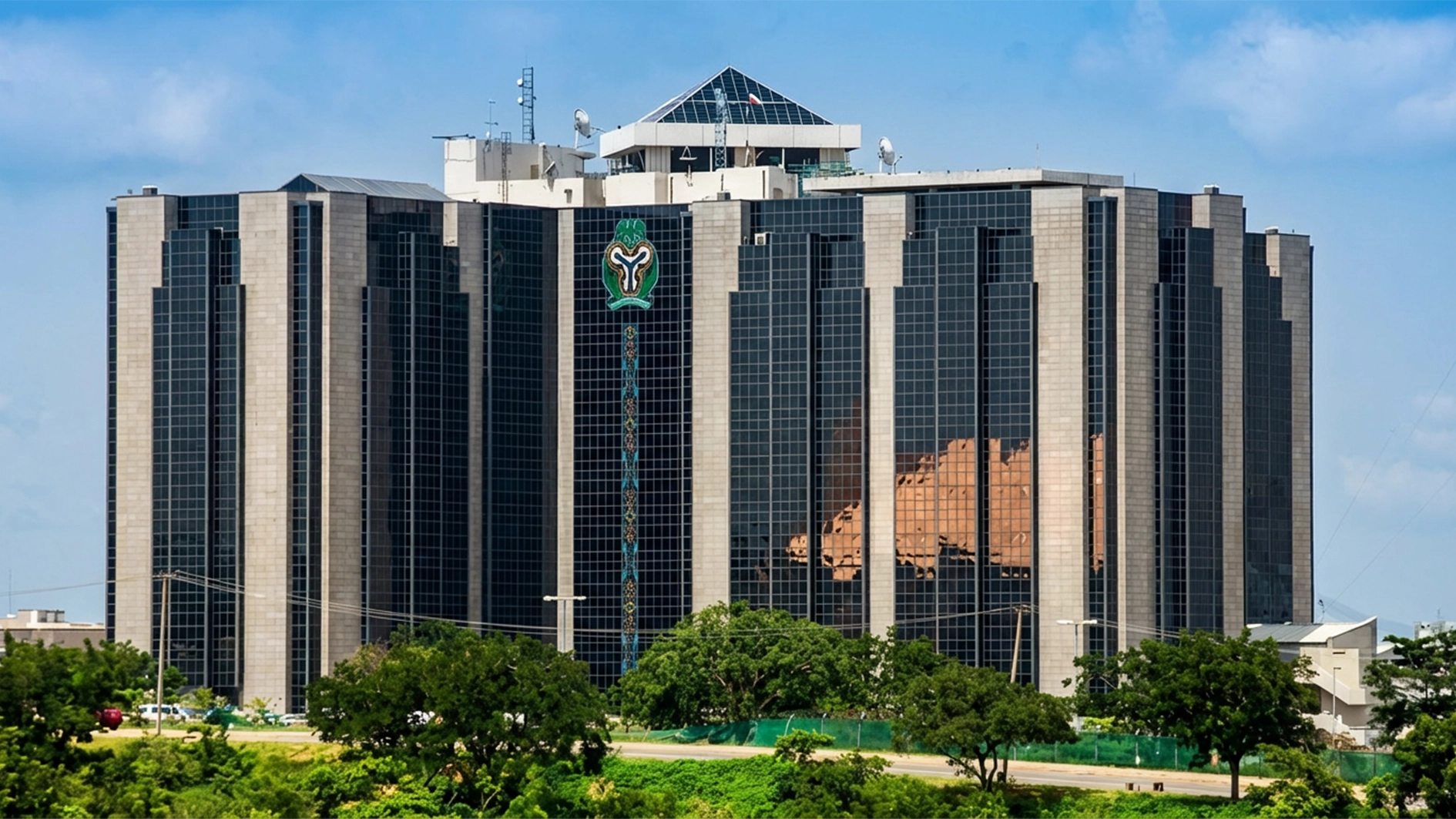SIR: Nigeria’s electricity sector faces persistent challenges, including inadequate infrastructure, inconsistent power generation, and liquidity constraints.
Addressing these issues requires more than just coordinated policy interventions. It requires competent leadership with the technical expertise, strategic vision, and unwavering determination to implement lasting reforms and drive meaningful progress across the entire power value chain.
Before August 2024, several National Integrated Power Project (NIPP) plants including Ihovbor, Omotosho, and Sapele GT consistently recorded Plant Availability Factors (PAFs) of less than five per cent. This poor performance was largely due to chronic gas supply constraints that had long crippled their operations.
Recognising the urgent need for reform, President Bola Tinubu, in August 2024, initiated leadership changes at the Niger Delta Power Holding Company (NDPHC). The new management, led by Jennifer Adighije, an engineer, immediately outlined a vision anchored on three strategic pillars: optimising asset performance, enhancing process efficiency, and leveraging technology and human capital to drive meaningful transformation. This was accompanied by targeted interventions to address persistent gas supply disruptions and operational inefficiencies.
These efforts have already begun to yield measurable results. A notable example is the successful restoration of two turbine units at the Ihovbor Power Plant in Edo State, which added 230 MW to the national grid. This milestone reflects a broader improvement in plant availability and performance across key NIPP facilities.
Remarkably, the Ihovbor plant recorded a 186.13 per cent increase in power generation, rising from 9,600 MWh in August 2024 to 39,726 MWh by April 2025 underscoring the effectiveness of the strategic interventions.
This turnaround stands as a testament to the effectiveness of the new management’s strategic approach and offers hope for broader improvements across Nigeria’s struggling electricity sector.
Upon assuming office, the new management prioritised stronger cohesion within the Nigerian Electricity Supply Industry (NESI), fostering strategic partnerships with key stakeholders such as the Nigerian Electricity Regulatory Commission (NERC), distribution licensees, and other critical market players. These collaborations have enhanced coordination across the value chain, reduced project bottlenecks, and improved grid stability.
A key achievement of the new management is the facilitation of bilateral agreements aimed at addressing stranded power. By channelling excess generation directly to eligible customers under the Eligible Customer Regulation (ECR), NDPHC has significantly improved plant utilisation, boosted revenue generation, and reduced dependence on inconsistent remittances from distribution companies.
These efforts are unlocking financing for critical infrastructure upgrades, accelerating project delivery, and bolstering investor confidence. In turn, this contributes to a more reliable and sustainable power supply across Nigeria, aligning with the company’s core mandate of addressing infrastructure gaps and expanding electricity delivery nationwide.
Another bold initiative of the new leadership is the prioritisation of financial stability within the power sector. A key focus has been the intensified recovery of debts from bilateral cross-border customers and other market participants, an effort aimed at easing longstanding cash flow constraints that have hindered operations and slowed sectoral progress.
To support this initiative, the management has engaged with NERC to obtain directives and streamline the recovery process, reinforcing its commitment to transparency and compliance.
The success of this effort will better position NDPHC to invest in critical infrastructure, expand generation capacity, and play a more impactful role in strengthening Nigeria’s electricity supply industry.
In its continued commitment to promoting transparency and accountability, the new management has forged a strategic partnership with the Economic and Financial Crimes Commission (EFCC) to tackle procurement-related irregularities. The collaboration aims to identify and address fraudulent practices by contractors, ensuring that all procurement activities uphold the highest standards of integrity and due process.
Just recently, the management of the Niger Delta Power Holding Company led by Adighije, completed and commissioned a new 1×7.5MVA 33kV/11kV distribution injection substation at Borno State University. The project was commissioned by Vice President Kassim Shettima, GCON.
The initiative also reinforces a culture of accountability within NDPHC, serving as a deterrent to unethical conduct while encouraging compliance among contractors and stakeholders. By working closely with the EFCC, NDPHC is strengthening its internal control mechanisms, boosting operational efficiency, and advancing the broader national objective of curbing corruption within Nigeria’s power sector.
In conclusion, although Adighije has served as managing director of NDPHC for only nine months, her tenure has already been marked by exceptional leadership, strong technical expertise, and a results-driven approach rooted in integrity. Her approach combines innovation, strategic foresight, and a strong commitment to national development. With a clear focus on operational efficiency and human capital development, she has reinvigorated NDPHC, positioning it as a central force in Nigeria’s energy transformation.
With a solid academic foundation and a rich, multidimensional professional journey, Adighije assumed office fully equipped to navigate the complexities of the power sector. Her early achievements underscore the critical role of capable, reform-driven leadership in delivering sustainable progress.
To build on these gains, the government must continue to champion technocratic leadership, uphold policy continuity, and institutionalise the reforms initiated under her watch. Strengthening transparency, investing in workforce development, and enhancing regulatory alignment will be essential to consolidating progress and advancing long-term transformation in Nigeria’s power sector.
Francis Emechete, an energy lawyer, can be reached via [email protected]






